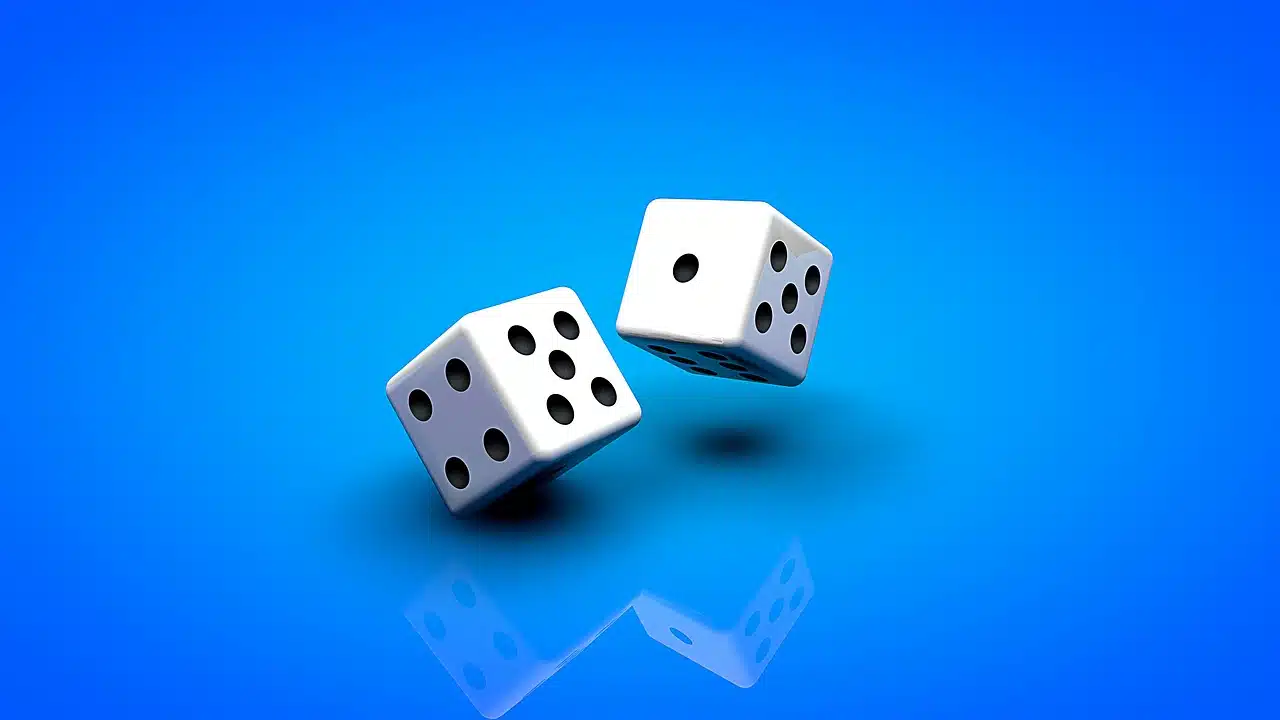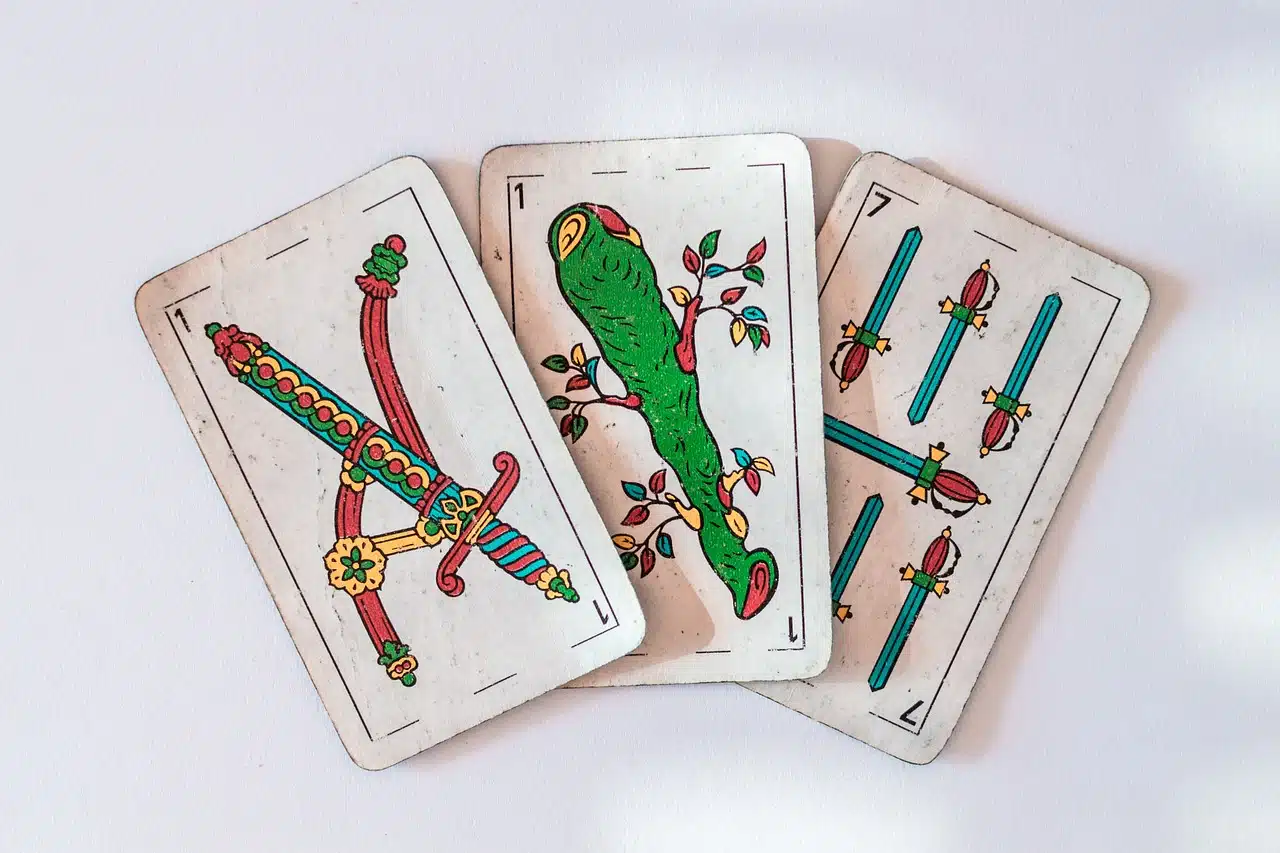
Probability refers to how likely it is that something can happen.
Probability is a word that allows us to highlight the characteristic of probable (that is, that something may happen or be plausible). It is responsible for evaluating and allowing the measurement of the frequency with which it is possible to obtain a certain result within the framework of a random procedure.
Probability, therefore, can be defined as the ratio between the number of successful cases and the number of possible issues . Mathematics , physics and statistics are some of the areas that allow us to reach conclusions regarding the probability of potential events.
Before moving forward we are going to establish the etymological origin of the concept. In this case it must be emphasized that it is found in Latin, and more precisely in the word probabilitas , which is formed by the union of the verb provere which can be translated as "check" ; the suffix – bile which is equivalent to “possibility” and the also suffix – tat – which indicates a “quality” .
Probability in statistics
In the statistical field, we have to emphasize that probability becomes one of its fundamental pillars. This gives rise to a series of experiments that revolve around it.
In this way we find the so-called deterministic experiments , which are those for which the results can be predicted even before they are carried out. An example of this would be if we throw a stone through the window because we can already predict the result: it will go down and fall.
There are also randomized experiments , in which the result cannot be predicted as it undoubtedly depends on chance. A clear example of this type of probability experiment is that of throwing a dice during the game of a game since we do not know what the score it will show will be.

Probability analysis is important in various games.
Quantification of events
In addition to all this, we cannot ignore that statistics when working with probability uses as fundamental pillars a series of elements called events in order to develop and study it. These are the elemental, compound, safe, impossible, compatible, incompatible, dependent, independent and contrary .
Man has always had an interest in quantifying probability since such quantification helps predict short- or long-term events. For example: if the power has gone out every Tuesday for three months, there will be a great probability (although not a certainty) that the power will also go out next Tuesday.
Probability theory
It should also be noted that probability theory is known as the theory that frames random phenomena (that is, they do not offer a unique or predictable result under certain conditions). The throwing of a die, as we already indicated, is a random phenomenon, since it can yield different results regardless of whether it is carried out under the same conditions.
In games of chance, precisely, there has always been a great interest in knowing precisely the conditions of probability. Knowing that there are greater possibilities of X number or card coming out, the chances of winning in bets are increased.
Probability theory is applied in various areas. Consumer goods offer a warranty certificate according to the probabilities of breakdown or failure. If studies and experiments show that it is unlikely that the product will be damaged during the first months of use, companies will offer coverage for that period.
